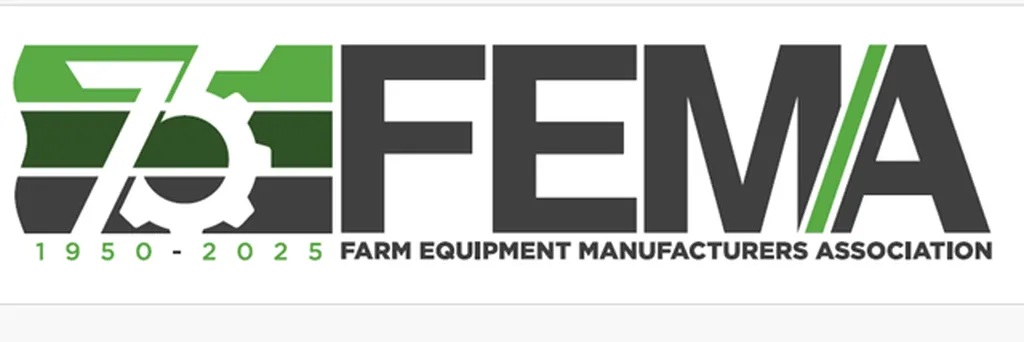The Farm Equipment Manufacturers Association (FEMA) has ushered in a new era of leadership during its recent Marketing and Distribution Convention in Las Vegas, marking a significant milestone in its 75-year history. The Association, a steadfast advocate for the shortline equipment industry, has elected a new slate of officers to guide its mission of supporting and promoting the farm implement supply chain.
At the helm of FEMA is Marc Ivey, District Sales Manager for Bush Hog, Dixie Chopper, and RhinoAg, brands under the Alamo Group umbrella. Ivey brings a wealth of experience from the North American agricultural market, where he has overseen the distribution of rotary cutters, finishing mowers, zero-turn mowers, and other tractor-mounted implements. His election to the presidency signifies a continued focus on innovation and growth within the industry. Ivey succeeds Craig Harthoorn, former President of Oxbo Forage Division, and will serve a one-year term.
Supporting Ivey in his new role are a team of experienced industry professionals. Scott Eisenmenger, General Manager at West Point Design in Nebraska, takes on the role of First Vice President. Eisenmenger’s extensive background in equipment manufacturing and distribution will be invaluable in driving FEMA’s strategic initiatives. Phil Landoll, Vice President of Operations at Landoll Corp. in Kansas, assumes the position of Second Vice President, bringing a strong operational perspective to the table.
The new leadership team is rounded out by Treasurer Tim Burenga, Vice President of Sales and Purchasing at Worksaver, Inc. in Illinois, and Secretary Roger Murdock, Director of Sales and Marketing at Montag Mfg. in Indiana. Both bring a deep understanding of the financial and marketing aspects crucial to the Association’s success. Randy Reinke, President and CEO of Custom Products of Litchfield, MN, will serve as Ex-Officio, providing additional guidance and insight.
This new leadership team will oversee a 16-member Board of Directors, representing a diverse cross-section of the farm implement supply chain. The Association’s influence extends to over 615 companies, including manufacturers, component part providers, service providers, and equipment marketers. The implications of this leadership transition are far-reaching, as FEMA continues to advocate for the interests of its members and promote the growth and sustainability of the shortline equipment industry.
The election of new officers comes at a pivotal time for the industry. As technological advancements and market dynamics reshape the agricultural landscape, FEMA’s leadership will play a crucial role in addressing the challenges and opportunities that lie ahead. The Association’s commitment to supporting its members and fostering innovation will be essential in navigating these changes and ensuring the continued prosperity of the farm implement supply chain.

